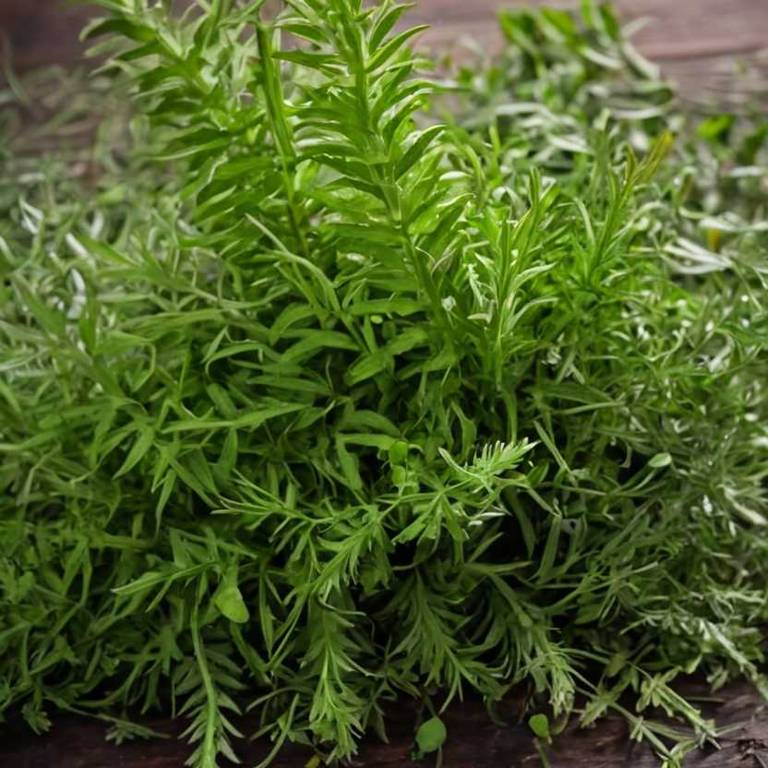Clubmoss (Lycopodium clavatum)
Clubmoss (Lycopodium clavatum) is a member of the Lycopodiaceae family, native to North America, Europe, and Asia. Traditionally, its stems, spores, and rhizomes have been used for decoctions, infusions, and powders.
This herb is particularly valued for its tonic, antispasmodic, and astringent actions, and has a long history of use in european herbal medicine, traditional chinese medicine, and ayurvedic medicine.

Quick Facts / Key Information
| Common Name | Clubmoss |
|---|---|
| Scientific Name | Lycopodium clavatum |
| Plant Family | Lycopodiaceae |
| Genus | Lycopodium |
| Species | clavatum |
| Native Range | North America, Europe, Asia |
| Plant Parts Used | Stems, Spores, Rhizomes |
| Primary Medicinal Actions | Tonic, Antispasmodic, Astringent |
| Primary Traditional Systems | European Herbal Medicine, Traditional Chinese Medicine, Ayurvedic Medicine |
| Historical Preparation Methods | Decoction, Infusion, Powder |
Botanical Identity
- Scientific Name
- Lycopodium clavatum
- Common Name
- Clubmoss
- Synonyms / Alternative Names
- Whipsnake, Lycopodium, Club Moss
- Plant Family
- Lycopodiaceae
- Genus
- Lycopodium
Botanical Description
- Growth Habit
- Perennial herbaceous plant.
- Height
- It typically grows to a height of 30 to 100 centimeters.
Traditional Uses / Historical Use
Traditional Systems
- European Herbal Medicine
- Traditional Chinese Medicine
Historical Preparation Methods
- Decoction
- Infusion
- Powder
- Tincture
Medicinal Actions
- Tonic
- As described in traditional systems, a moderate tonic, for broad-use formulations.
- Antispasmodic
- Traditionally described as a gentle antispasmodic, for cramp-focused discussions.
- Astringent
- In herbal texts, considered a mild astringent, in drying-focused uses.
- Stimulant
- Commonly referenced as a calming stimulant, in energy-related contexts.
Active Compounds
- Alkaloid
- A diverse group of secondary metabolites present in numerous plants.
- Flavonoid
- A group of naturally occurring compounds commonly present in many flowering plants.
- Terpenoid
- A chemical class commonly associated with volatile plant constituents.
- Tannin
- Plant-derived compounds known for their ability to bind proteins.
Modern Research Overview
This section is reserved for future summaries of scientific research related to this plant. As additional verified sources are reviewed, relevant study information will be added here.
Safety & Contraindications
- General Precautions
- General precautionary guidance for this herb is not clearly established in available sources.
- Contraindications
- The use of this herb has been associated with reported contraindications in some situations.
- Allergies
- There is insufficient evidence to determine whether this herb commonly causes allergic reactions.
- Drug Interactions
- Available information regarding interactions with pharmaceutical drugs is limited.
- Toxicity
- Toxic effects associated with this herb have not been well documented.
- Pregnancy & Breastfeeding
- Available information regarding use during pregnancy or breastfeeding is limited.
Preparation & Usage Methods
- Infusion
- Dried or fresh plant parts are infused in hot water and consumed as a beverage.
- Decoction
- Decoctions are made by heating plant material in water for an extended time.
- Poultice
- Poultices involve external application of prepared plant matter.
- Powder
- Plant parts are dried and mechanically reduced to a powdered form.
- Tincture
- Plant material is macerated in alcohol to create a concentrated liquid extract.
Growing, Harvesting & Storage
Growing / Cultivation
- Soil
- Prefers loamy soil with well-drained conditions. Typically grows best in organically rich soils.
- Sunlight
- Thrives in partial shade. Tolerates full sun to partial shade.
- Watering
- Prefers moist soils. Tolerates periodic dry conditions.
Medical Disclaimer
The information provided on this page is for educational and informational purposes only. It is not intended to diagnose, treat, cure, or prevent any medical condition. Always consult a qualified healthcare professional before using any herb for medicinal purposes.